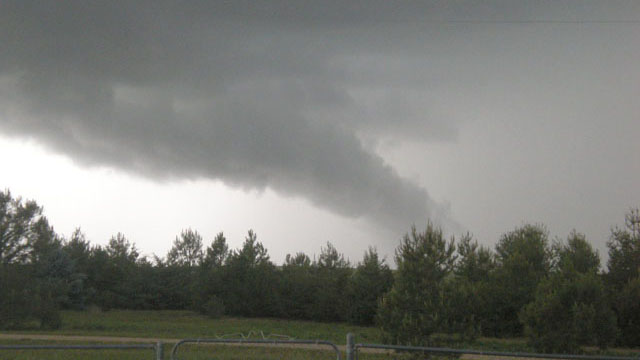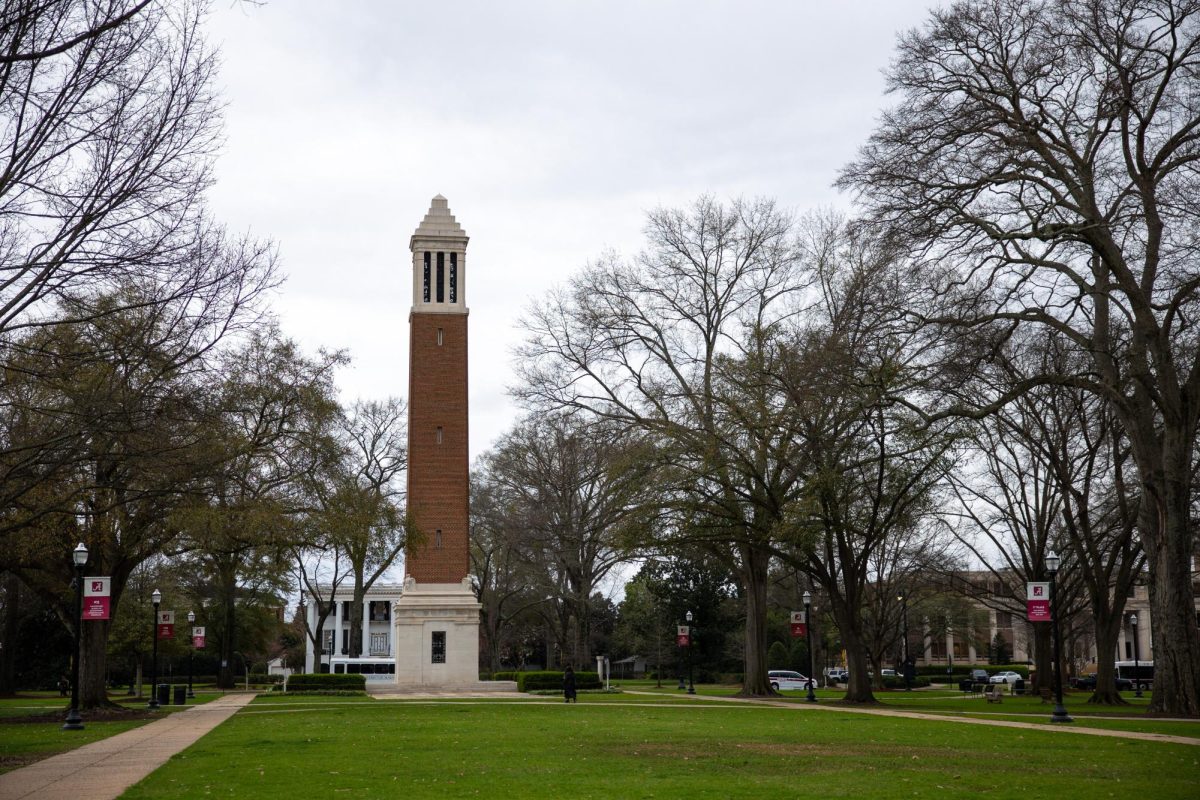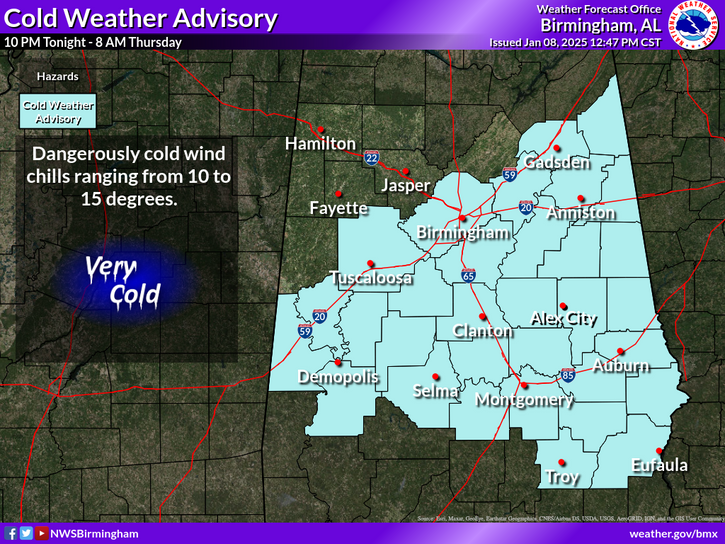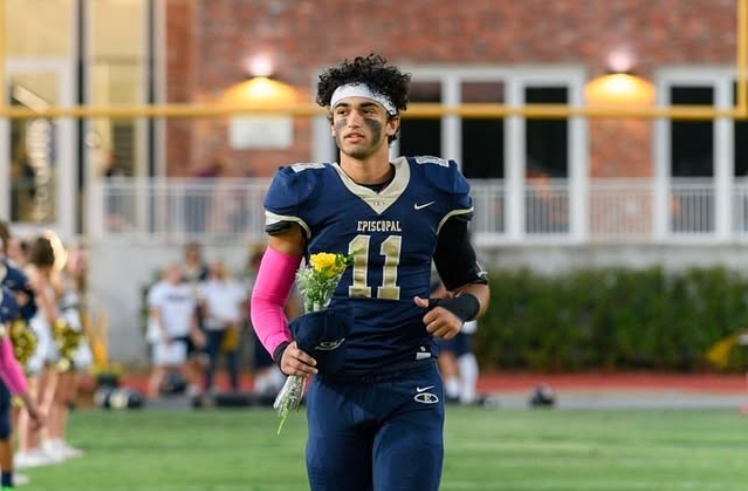In light of the recent storms in and around Tuscaloosa and those predicted for the future, tornadoes have been on the minds of UA students.
The University assures students they are its first priority when severe weather occurs, said Christ Bryant, assistant director of media relations.
“The guiding principle at The University of Alabama is to promote the personal safety of our students, faculty and staff during severe weather events,” Bryant said. “In the case of a tornado warning, all university activities are automatically suspended, including all classes and laboratories.”
Bryant said the University makes use of several media to alert students and faculty when potentially dangerous weather enters the area.
“The Office of University Relations will notify the campus community in the event of an emergency,” Bryant said. “To keep you informed if severe weather and/or an emergency occurs on campus, the University uses UA Alerts to simultaneously send voice calls and text messages to your cell phone and emails to your myBama and Crimson email accounts.”
Bryant said the alert system is only one method the University and the Tuscaloosa community uses to communicate in the event of severe weather. He stressed the importance of students listing updated and accurate contact information on their myBama account.
He also said that, depending on the nature of the incident, some or all of the following methods are used: UA Alerts via telephone, email and text messaging; announcement on local television and radio stations and campus PA system; internal UA emergency alert systems deployed in most academic buildings, libraries, and several residence halls; Tuscaloosa’s tornado sirens; and outlets of transportation like CrimsonRide buses, which display all severe weather watch and warning information on their marquees.
Bryant also addressed other student concerns, such as whether or not University parking rules stand in the event of dangerous weather, when danger necessitates parking outside of permitted zones.
“Parking tickets will not be issued while the campus is under a tornado warning,” Bryant said. “Students who temporarily park out of zone to seek shelter during tornado warnings should move their vehicles when it is safe to do so.”
Gov. Robert Bentley requested a federal declaration of a state of major disaster in Alabama after April’s major storms wreaked havoc. However, that request was recently denied by the Federal Emergency Management Agency.
“I am very disappointed in FEMA’s decision to deny federal disaster assistance to Alabama and to the victims of the deadly storms that ripped through our state last week,” Congresswoman Terri A. Sewell (D-AL) said in a press release.
“While I greatly appreciate the efforts of FEMA officials currently working in Alabama and assessing the extent of the damage, I had strongly hoped that the federal government would offer assistance to our state and local governments and to the storm’s victims as they grapple with their losses,” Sewell said. “This decision places additional burdens and worries upon already hurting families, and ignores the enormous costs to our state and local governments that are already struggling.”
The University, which has so far evaded major damages with the tornadoes touching down across Alabama, asks that during a tornado warning, occupants of buildings on campus move immediately to the building’s lowest level and toward its center, away from windows, and remain there until the warning has expired.
Miles Crabbe, a freshman who lives in Lakeside West, said resident advisors and students living on campus handle severe weather well and without panic.
“What sounds fill the hallways of dormitories while they’re under a tornado warning?” Crabbe asked. “Screams, laughter, moans of terror? Nope, Toy Story 2.”









